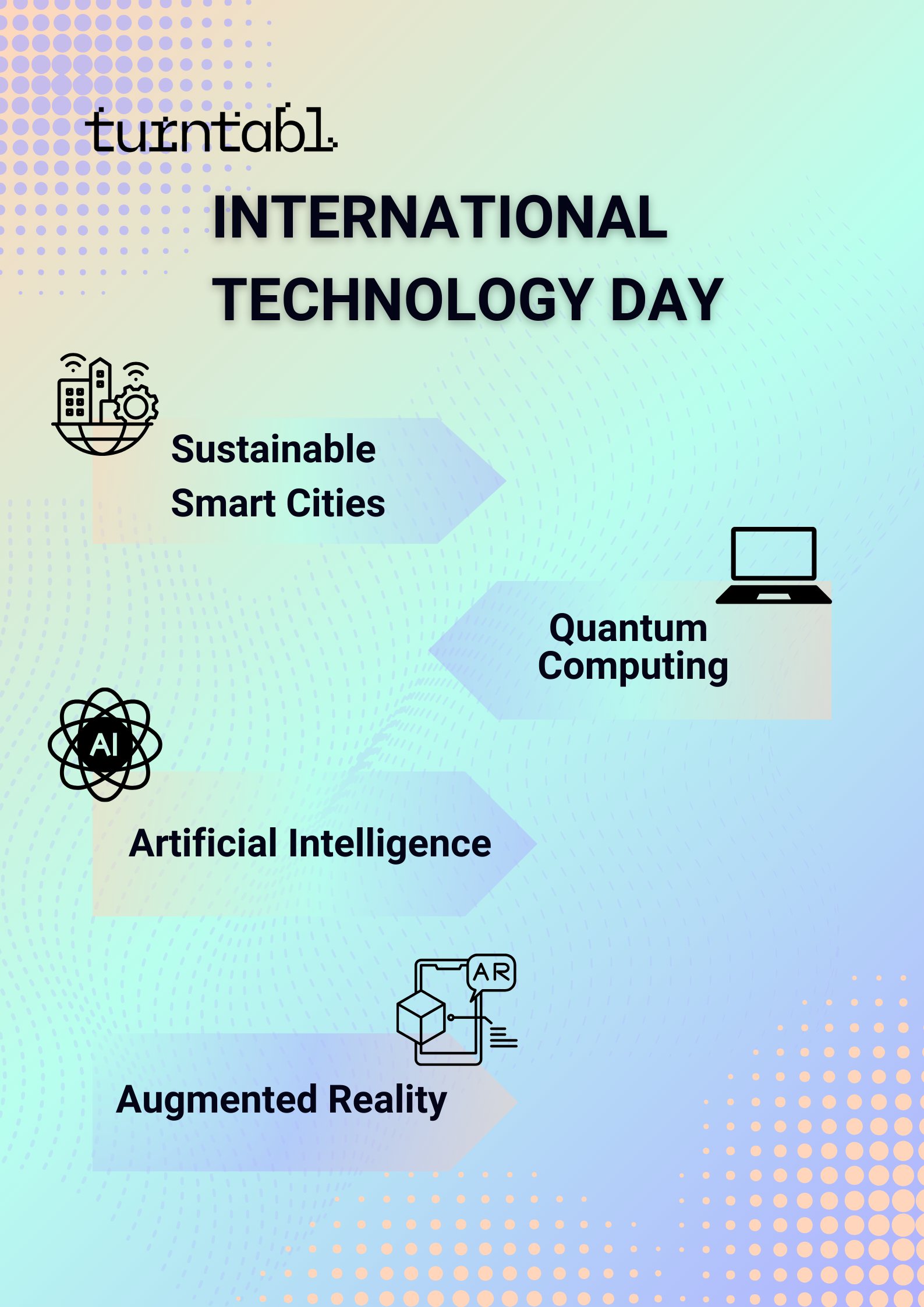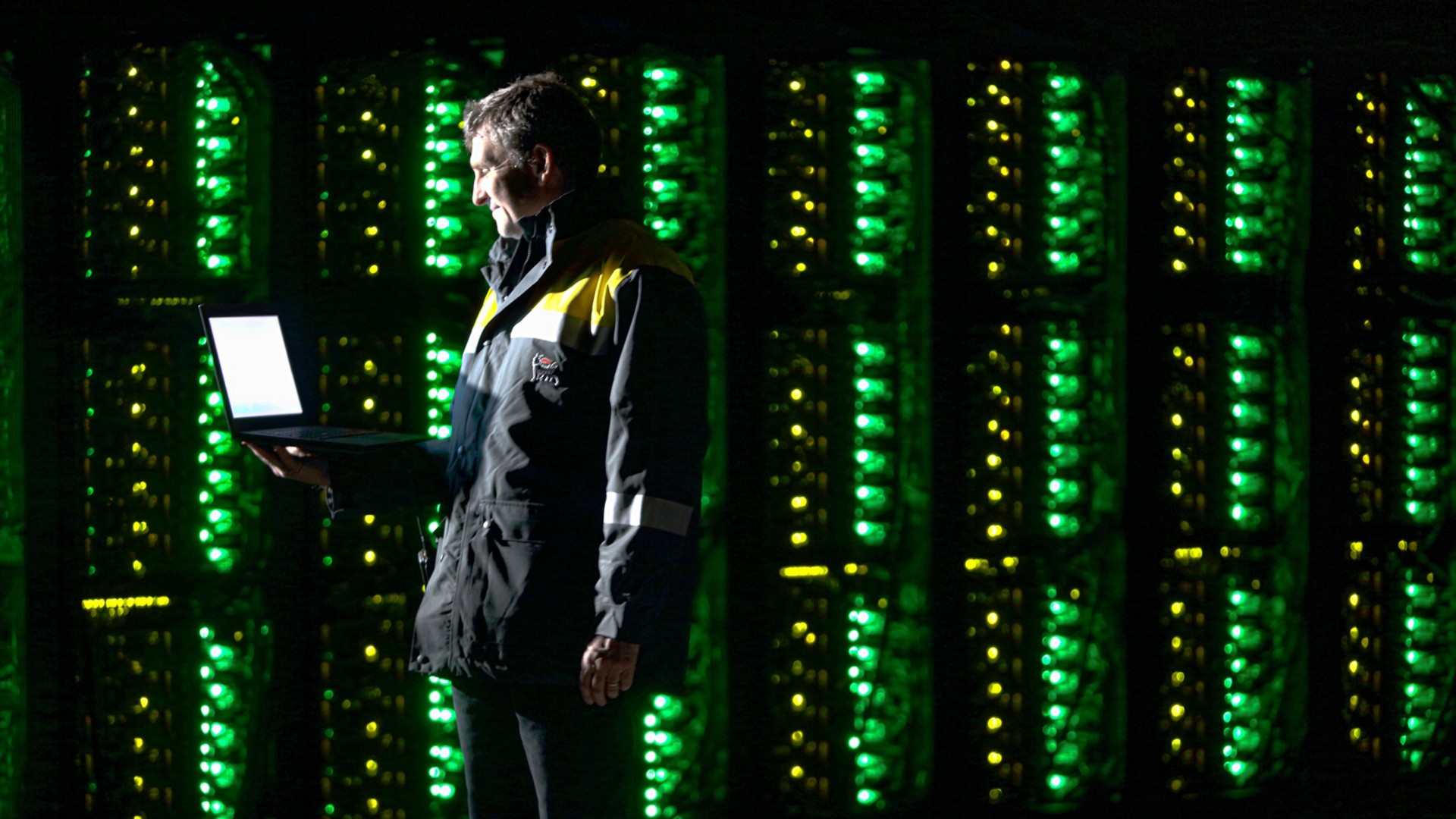
Tech Revolution 2025: How AI and Quantum Computing Are Reshaping Our World
As we dive into 2025, the technological landscape is buzzing with innovation. Artificial intelligence (AI) is no longer just a futuristic concept; it’s now a core component of our daily lives and industries. From automating mundane tasks to providing personalized experiences, AI is enhancing productivity across sectors.
One of the most exciting developments is the rise of agentic AI, which can set its own goals and execute complex decisions. This capability is revolutionizing fields such as healthcare, where AI systems assist in diagnostics and treatment planning, and logistics, where they optimize supply chains in real time. According to a report from TechCrunch, the adoption of agentic AI is expected to transform productivity levels in various sectors, including finance and healthcare, as these systems take over tasks previously thought to be exclusive to human intelligence.
Meanwhile, quantum computing is making significant strides, with breakthroughs in error correction paving the way for practical applications. Companies like IBM are pushing the boundaries, achieving milestones like 1,000 qubits, which could revolutionize industries from finance to drug discovery. The implications of this technology are vast; for instance, quantum computers can process information at speeds unimaginable with today’s classical computers, potentially solving complex problems in seconds that would take conventional systems years.

The Integration of AI and Quantum Computing
The convergence of AI and quantum computing is a pivotal moment in tech history. These innovations are not just standalone advancements; their integration promises to create unprecedented efficiencies. For instance, AI can enhance the capabilities of quantum systems, helping to navigate complex calculations and improve the systems’ overall performance. This synergy is set to drive significant advancements in sectors such as drug discovery, where researchers can simulate molecular interactions in real-time, drastically reducing the time needed to develop new drugs.
As McKinsey & Company emphasizes, businesses are expected to leverage this technology to enhance operations and reduce costs. The potential for quantum computing to solve optimization problems means companies can achieve significant cost savings while improving service delivery.
Sustainability Meets Technology
The integration of these technologies is not just about efficiency; it’s also about sustainability. As the climate crisis intensifies, tech giants are investing in green technologies, including advanced nuclear solutions and AI-driven energy management systems, to reduce their carbon footprints. An example of this is demonstrated by recent green initiatives where AI algorithms optimize energy consumption across smart cities, ensuring that resources are used efficiently.

A report by Brookings Institution highlights that firms are increasingly recognizing the role of technology in achieving sustainability goals. For instance, machine learning models analyze energy usage patterns, helping organizations minimize waste and improve energy efficiency. In doing so, companies not only meet regulatory requirements but also appeal to a growing base of environmentally conscious consumers.
Future Prospects: A Harmonious Blend of Technology and Humanity
In this rapidly changing environment, the convergence of AI, quantum computing, and sustainable practices is not just reshaping industries; it’s redefining what’s possible for humanity. As we embrace these innovations, the future looks brighter than ever, promising a world where technology and sustainability go hand in hand.
Experts emphasize that the societal implications of these advancements will be profound. For instance, as AI takes over more complex decision-making roles, humans will likely shift towards more strategic and creative roles. The potential for AI to assist in enhancing human capabilities rather than replacing them is a significant point of optimism in the ongoing technological evolution.
Conclusion
As we navigate through 2025, the integration of artificial intelligence and quantum computing is poised to redefine the landscape of technology and sustainability. The potential applications of these technologies are vast, impacting various sectors while addressing some of the most pressing global challenges, including climate change.
As we continue to explore the cutting-edge developments that are shaping our technological landscape in 2025 and beyond, one thing remains clear: the future is not merely about the capabilities of machines but also about how we choose to harness these advancements for the betterment of society.
Stay tuned as we continue to keep an eye on the transformative forces of technology and their impact on our world. As we stand on the cusp of a new era, the possibilities seem limitless, fueled by innovation and a commitment to sustainable progress.
![]()
